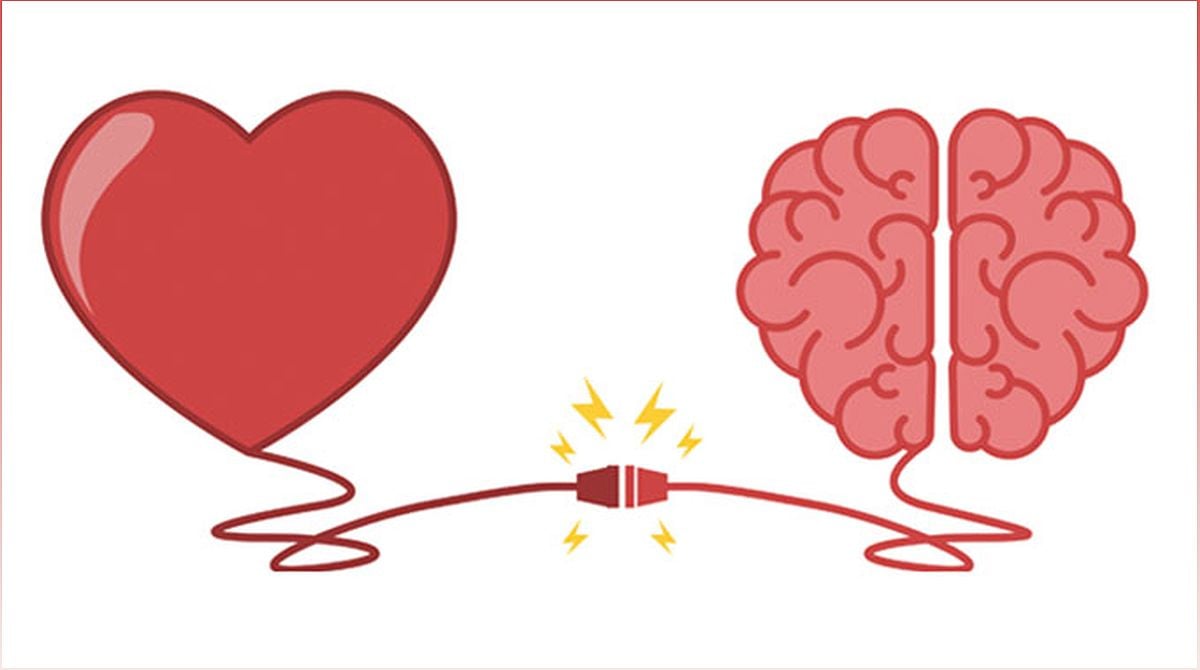Building Healthy Relationships: Embracing Emotional Intelligence
In today’s society, gender-based violence continues to be a pressing issue that undermines the foundation of families. As a content writer, I believe it is crucial to address this topic and inspire individuals and couples to prioritize their mental health and embrace emotional intelligence. In this article, we will explore the significance of emotional intelligence in building healthy and respectful relationships. We will delve into the pitfalls of poor emotional intelligence and provide practical solutions for navigating conflicts. Join me as we embark on a journey towards fostering love, empathy, and respect in our relationships.
Understanding Gender-Based Violence
Explore the pervasive issue of gender-based violence and its impact on families.
Gender-based violence is a pervasive issue that undermines the foundation of families. It encompasses physical, sexual, psychological, or economic harm inflicted due to gender disparities. This form of violence not only affects individuals directly involved but also has far-reaching consequences for society as a whole.

Studies have shown that gender-based violence leads to immeasurable pain and suffering, affecting the mental and physical well-being of victims. By understanding the gravity of this issue, we can take collective action to combat it and create a safer environment for everyone.
The Role of Emotional Intelligence in Relationships
Discover how emotional intelligence plays a crucial role in building healthy and respectful relationships.
Emotional intelligence is the ability to recognize, understand, and manage our emotions, as well as effectively navigate the emotions of others. In romantic relationships, emotional intelligence plays a key role in fostering open communication, empathy, and conflict resolution.
Renowned experts such as Daniel Goleman and John Gottman have extensively studied and advocated for the application of emotional intelligence in our everyday lives. By developing emotional intelligence, individuals and couples can create a safe and nurturing environment for their relationships to flourish.
The Pitfalls of Poor Emotional Intelligence
Explore the negative consequences of lacking emotional intelligence in relationships.
When emotional intelligence is lacking, relationships suffer through unresolved conflicts, poor communication, and an inability to express emotions constructively. This can lead to emotional and physical violence, as studies have shown a close link between low emotional intelligence and aggression.
It is crucial to raise awareness about the destructive consequences of poor management of emotions. By recognizing the need for emotional intelligence and seeking help when necessary, individuals can break the cycle of violence and create healthier relationship dynamics.
Developing Emotional Intelligence
Learn practical strategies for developing and enhancing emotional intelligence in relationships.
Emotional intelligence is not just an innate trait but a skill that can be learned and improved upon. By proactively developing emotional intelligence, individuals and couples can create a strong foundation for their relationships.
1. Self-awareness:
Start by understanding your own emotions and how they impact your thoughts and actions. Reflect on your strengths and areas for growth.
2. Empathy:
Put yourself in others’ shoes and try to understand their emotions and perspectives. Practice active listening and validate their feelings.
3. Communication:
Learn to express your emotions effectively and honestly. Practice assertiveness and active communication to avoid misunderstandings and conflicts.
4. Conflict resolution:
Develop strategies for resolving conflicts peacefully. Focus on finding win-win solutions and compromising when necessary.
By incorporating these strategies into your daily life, you can enhance your emotional intelligence and create healthier and more fulfilling relationships.
Seeking Help and Support
Discover the importance of seeking help and guidance when facing relationship challenges.
Seeking help or talking to someone you trust is not a sign of weakness but a courageous step towards resolving conflicts and improving your relationship. Family and friends can offer support, guidance, and a listening ear.
If needed, professionals such as therapists, counselors, and mediators are trained to provide practical solutions and facilitate healthier relationship dynamics. Remember, it takes courage to recognize the need for help and take appropriate steps to address conflicts.
Whether it’s through personal connections or professional guidance, reaching out for support can make a significant difference in overcoming relationship challenges and fostering a loving and respectful environment.
